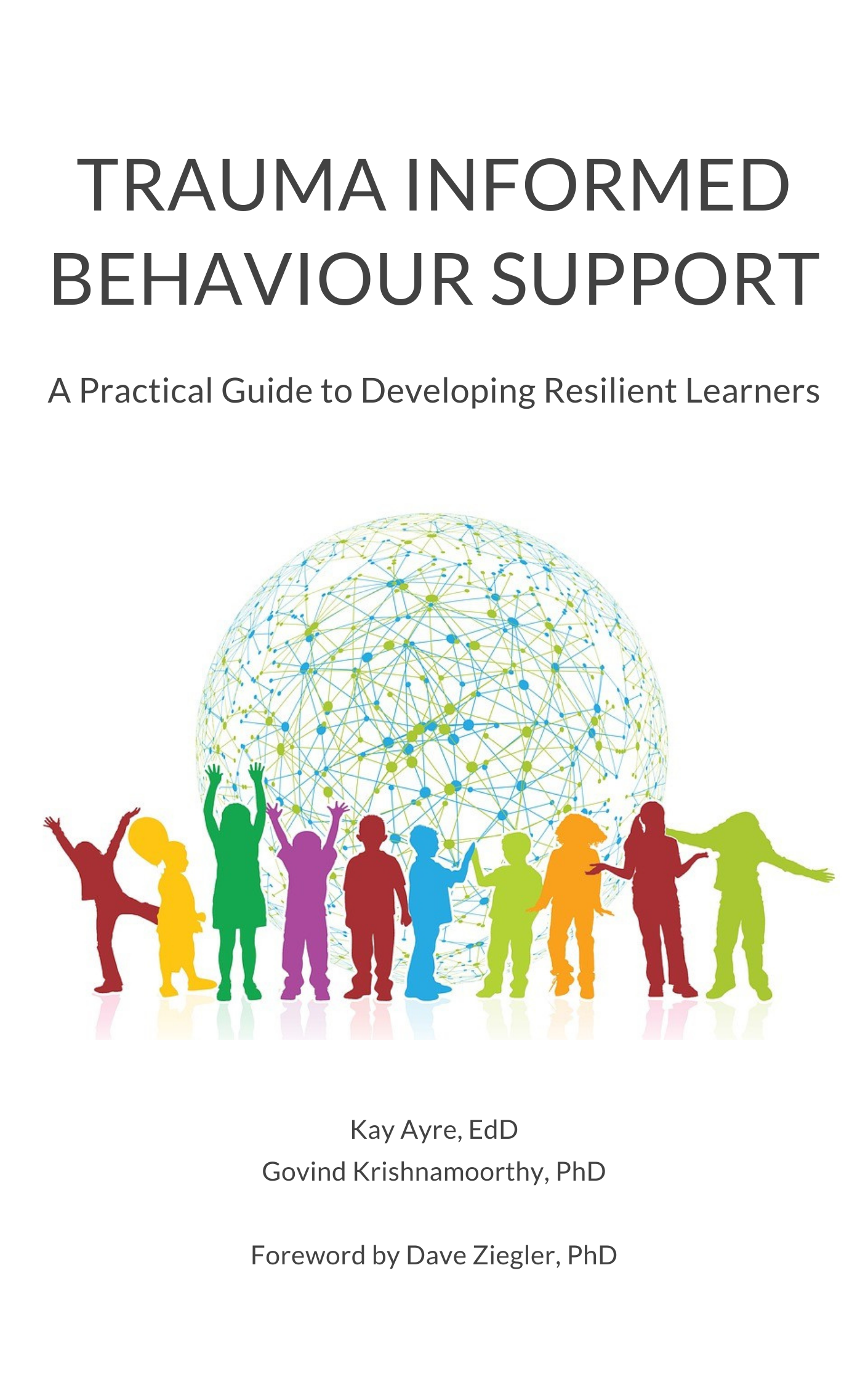Book Title: Trauma Informed Behaviour Support: A Practical Guide to Developing Resilient Learners
Edited by Nikki Andersen

Download this book
Book Description: Trauma Informed Behaviour Support: A Practical Guide to Developing Resilient Learners guides educators working with primary school aged children to understand trauma as well as its impact on young children's brains, behaviour, learning, and development. The book provides a novel framework of practice – drawing on contemporary theories of developmental trauma and evidence-based practices of positive behaviour support. Practical strategies and tools are offered for educators to use to create strength-based environments that support children's recovery, resiliency and learning. Educators are introduced to the systemic impacts of traumatic stress and are provided with trauma-informed practices that they can use to support workforce development that enhance the quality of pedagogical practices, while promoting the safety and care of the school community.
Contents
Book Information
License
Trauma Informed Behaviour Support: A Practical Guide to Developing Resilient Learners Copyright © 2020 by University of Southern Queensland is licensed under a Creative Commons Attribution-ShareAlike 4.0 International License, except where otherwise noted.
Subject
Education / Educational sciences / Pedagogy

